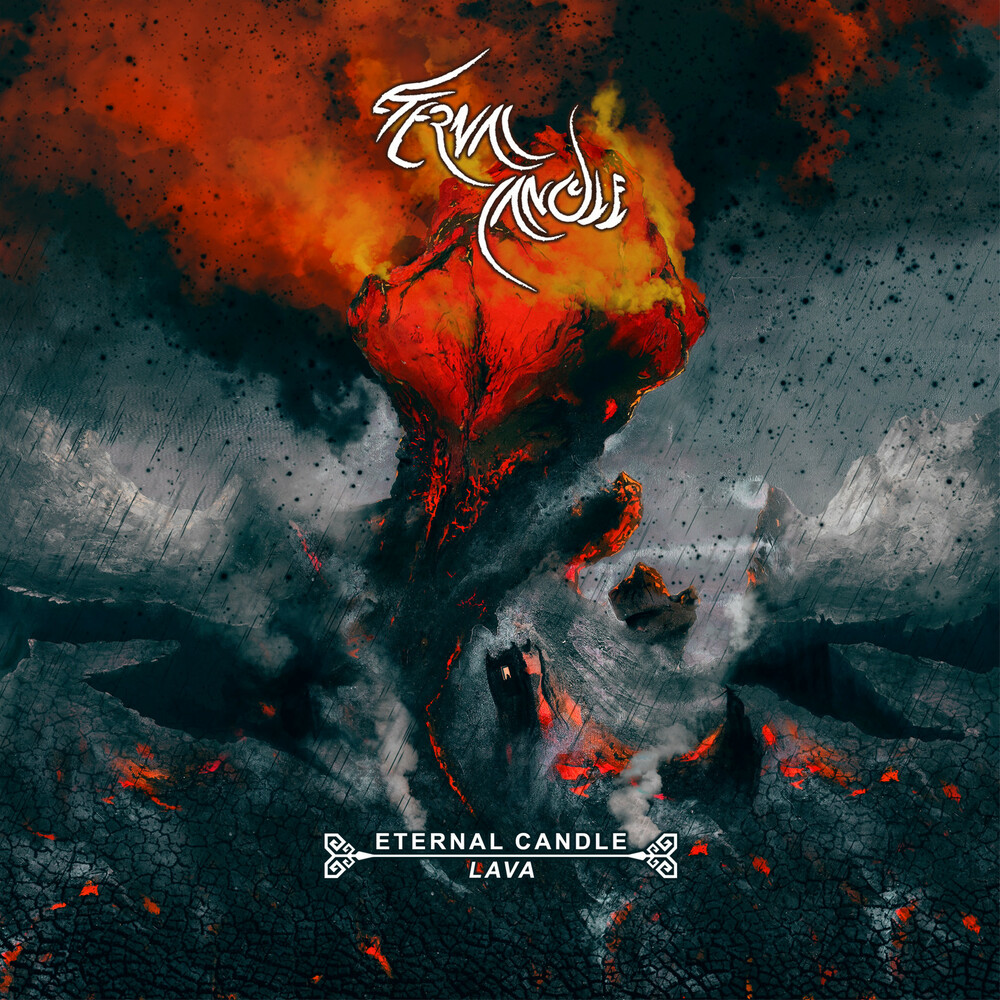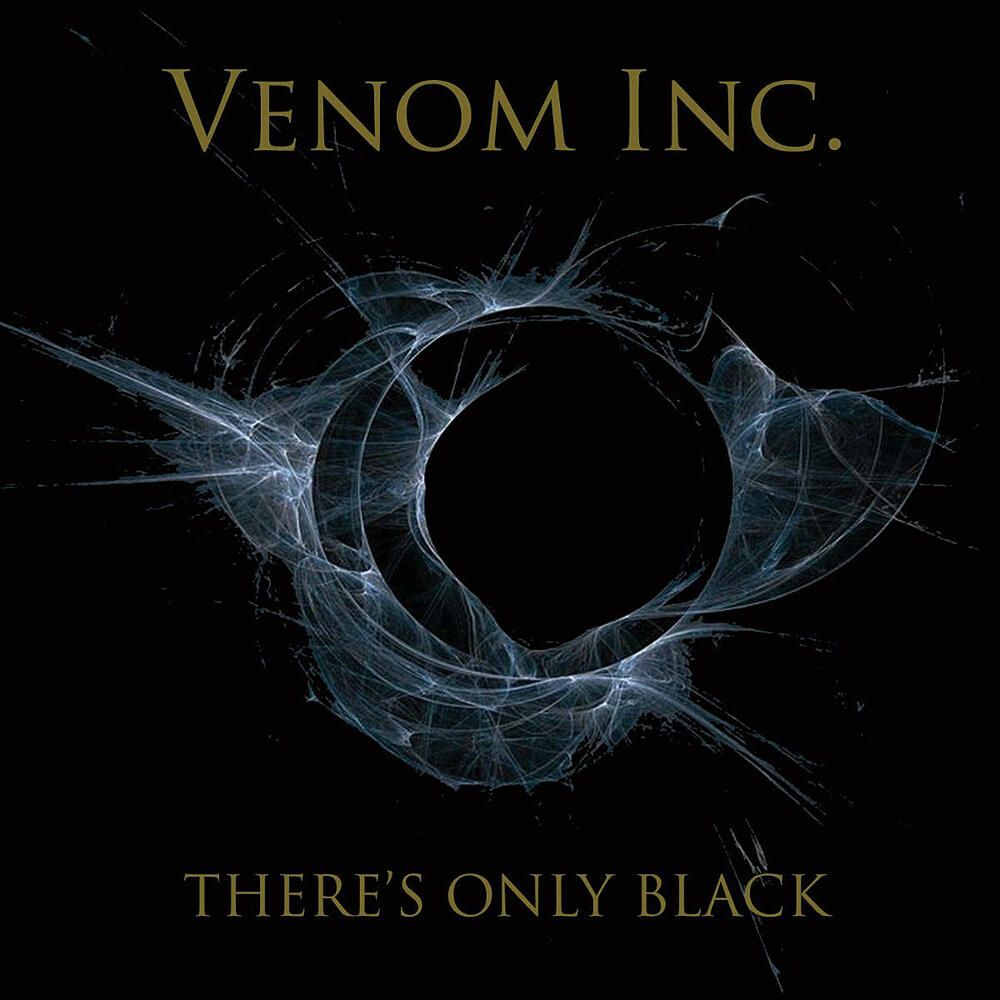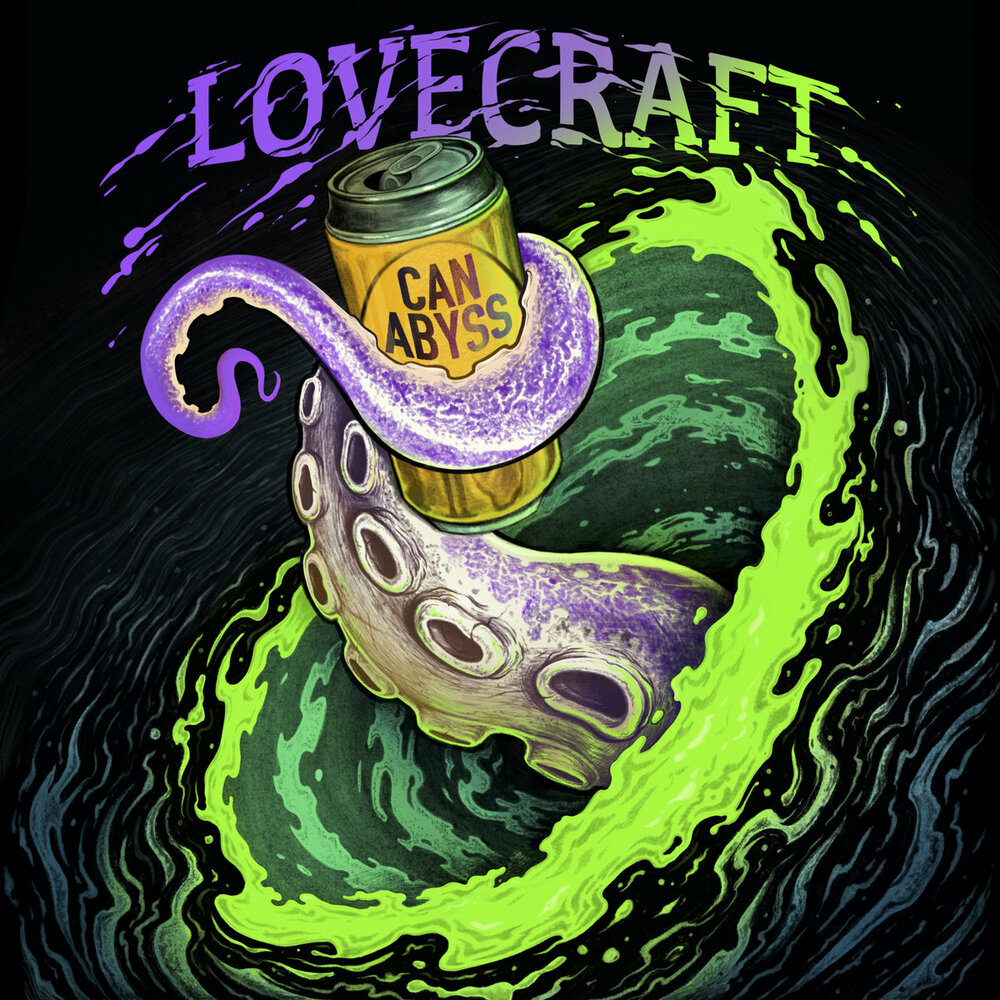 |
Country: USA
Style: Pop/Rock
Rating: 6/10
Release Date: 2 Sep 2022
Sites: Facebook | Instagram | Official Website | Twitter | Wikipedia | YouTube
Here's another band I unsurprisingly remember from back in the day who have released a heck of a lot more music that I'd previously known about. Surprisingly, though, I wasn't aware of their first album, because it was released under the name of Sneak Preview five years before the true debut I remember, Out of the Silent Planet in 1988. I'll have to seek that one out and see what it was like as a precursor to the band I know. Their second album, Gretchen Goes to Nebraska obtained a lot of positive buzz a year after the debut and I remember it being an excellent and varied album.
This is certainly varied too but some of it left me dry and some of it took a while to convince me of its merit. This is thirty-three years on, during which time they've released a further ten albums, a few of which I bumped into at some point in time but, tellingly, not one of which I remember at all. However, it's a been fourteen years since the prior album, XV in 2008, so I had high hopes for this one. Certainly, the musical talent of Doug Pinnick, Ty Tabor and Jerry Gaskill remains obvious, but the songwriting here is often lacking a certain something.
The easiest way to explain what is to send you to second single Give It Up, where everything is right there on display. It's a sassier song from the outset, a tighter song but one with more flair. There's a lot to enjoy in this lean and mean number that clocks in at three minutes on the dot, as if it's the perfect radio single. It kicks off with a wailing guitar from Tabor and finds its groove immediately, with a funky riff and funkier beat. The extra layers added in post are perfect, busying it up without ever becoming too much. It's easily the highlight of this album, but it's a long way out on its own.
In fact, the one that probably ranks next is the opener, Let It Rain, also the first single, which feels sparse in comparison. To be fair, it felt sparse anyway, resonating power chords replacing a riff in the verses and simple if emphatic backing during the chorus, before nodding to Led Zeppelin for a memorable three chord progression. It's not a bad song at all, even if Give It Up seems far better, but it's also hardly representative of the album as a whole, especially when followed by Flood, Pt. 1, the heaviest piece on offer, even if it doesn't stay there.
It's the Beatles harmonies on Flood, Pt. 1 that point the way, because the Beatles are all over this album, the more so the longer it runs. King's X aren't at Enuff Z'Enuff levels of emulation, but it's clear what they were channelling when they wrote this album because they weren't trying to hide it. It's very much a pop or pop rock album, Give It Up aside, with melodies and harmonies paramount and only occasionally a need to add layers of contrast in a Saigon Kick fashion.
The most overtly Beatles-influienced songs on offer are Take the Time, a smooth and layered pop song, and Festival, which is far more abrasive and modern but still sounds like Britpop. That these two songs sit at the very heart of the album, ending side one and beginning side two, is surely not accidental. Certainly, I'd think that listeners who chose the Beatles over the Stones in that stupid either/or might dig much of what's left here, though some of it is surely filler. For every Holidays, there's a Nothing But the Truth. For every Every Everywhere, there's an All God's Children.
However, the second half of the album is a grower, full of invention even if it's often on the lighter side. Every time I listened through the first side, Give It Up just raced on effortlessly all the more, Let It Rain tried valiantly to keep up and the rest mostly vanished behind me. However, every time I listened through the second side, I found myself more impressed at how much imagination that's still on show so far into their career. Swipe Up and Holidays did little for me on a first listen but are favourites now, growing more on me every time. Watcher is subtle but still strong and the others aren't without their merits, even if they're lighter. I love the guitar on She Called Me Home.
It took me a long time to get past awarding this a 6/10. Eventually that second half grew enough to warrant a 7/10, but it'll feel far more solid if you're a a pop/rock fan and you prefer the Beatles to the Stones. You may end up adding more points too, but I'm not that generous.


















